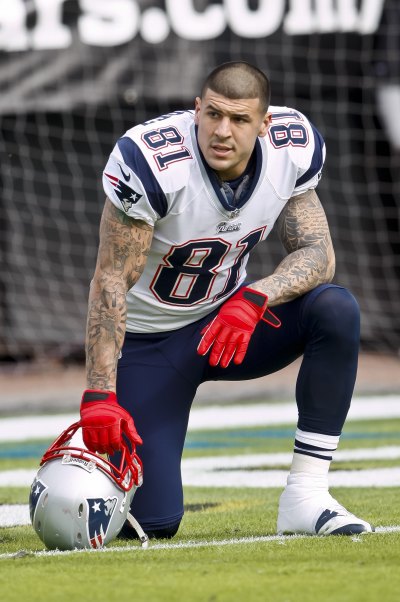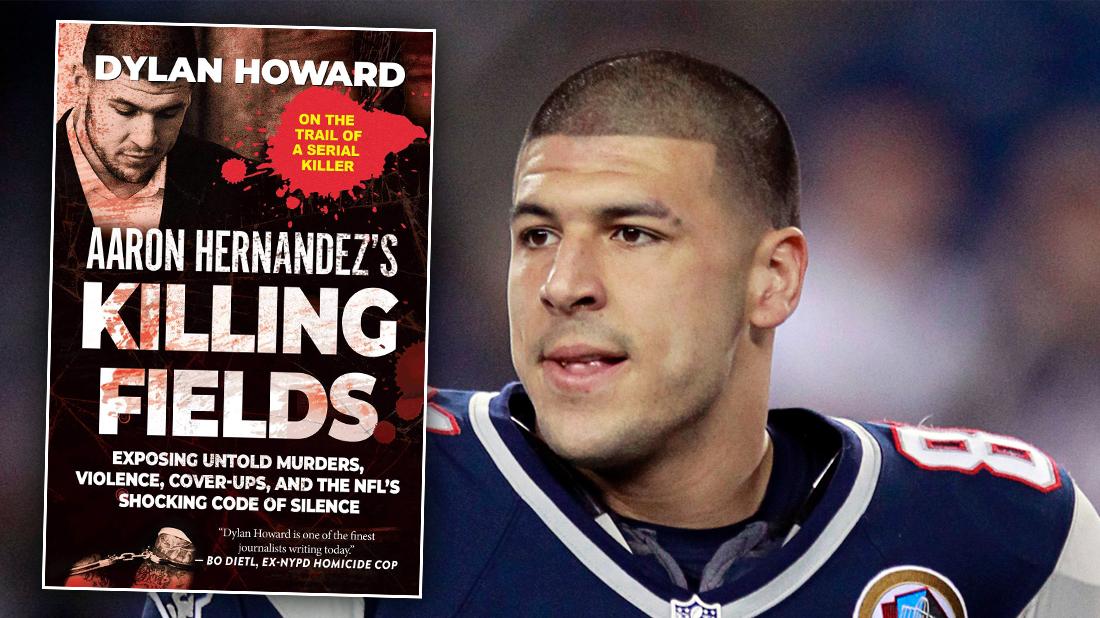Let me tell you a story about Aaron Hernandez, a young man whose life seemed destined for greatness but spiraled into tragedy. Growing up in Bristol, Connecticut—a working-class neighborhood—Hernandez became a standout athlete. At just 20 years old, he was drafted by the New England Patriots, becoming one of the youngest players in the NFL. By 2010, he was not only on the roster but also making waves as an incredible tight end. In 2012, the Patriots rewarded him with a $40 million contract extension. Life was looking pretty good for this kid from Bristol.
The Rise and Fall of a Football Star
But then, just like that, it all came crashing down. On June 26, 2013, Hernandez found himself charged with first-degree murder for the killing of Odin Lloyd. Fast forward two years, and he was convicted, receiving a life sentence. But the twists didn’t stop there. On April 19, 2017—just five days after being acquitted of two other murders from 2012 involving Daniel de Abreu and Safiro Furtado—his story ended tragically. Found dead in his jail cell in Lancaster, Massachusetts, Hernandez’s life was cut short at the age of 27. The world has been left with more questions than answers about this former NFL star. Now, with the premiere of the new documentary Aaron Hernandez’s Killing Fields, we might finally get some clarity.

Unveiling the Darker Side of Hernandez's Life
The new documentary dives deep into Hernandez's life, uncovering disturbing evidence that sheds light on why this millionaire football star might have resorted to murder. Reports suggest that Hernandez endured abuse and sexual molestation as a child, which could have shaped his later actions. Although no motive was officially determined for Lloyd's murder, speculation points to Lloyd knowing about Hernandez’s homosexuality and having access to confidential health records—information Hernandez desperately wanted kept private.
Read also:Understanding The Subhashree Sahu Mms Controversy A Closer Look
Before Lloyd's death on June 17, 2013, a male stripper named Chad attended a party at Hernandez's house. Chad claims he overheard Hernandez talking about his medications. “They were saying, ‘Oh, this guy Odin [stole] my medication. I can’t have that getting out,’” Chad recalled. According to Chad, Hernandez allegedly went so far as to say he’d rather face a murder charge than let that information leak.
Professional Pressure and Personal Paranoia
Assistant District Attorney Jarrett J. Ferentino reviewed Hernandez’s medical records during the trial and suggested Hernandez might have been hiding an STD or HIV diagnosis. Forensic psychologist Dr. Jeff Gardere weighed in, explaining that even though being gay is normal, societal pressures, especially in professional sports, can push individuals to keep it hidden. “In professional sports, there’s still a stigma,” Gardere noted, highlighting the intense pressure Hernandez might have felt to conform to societal norms.



